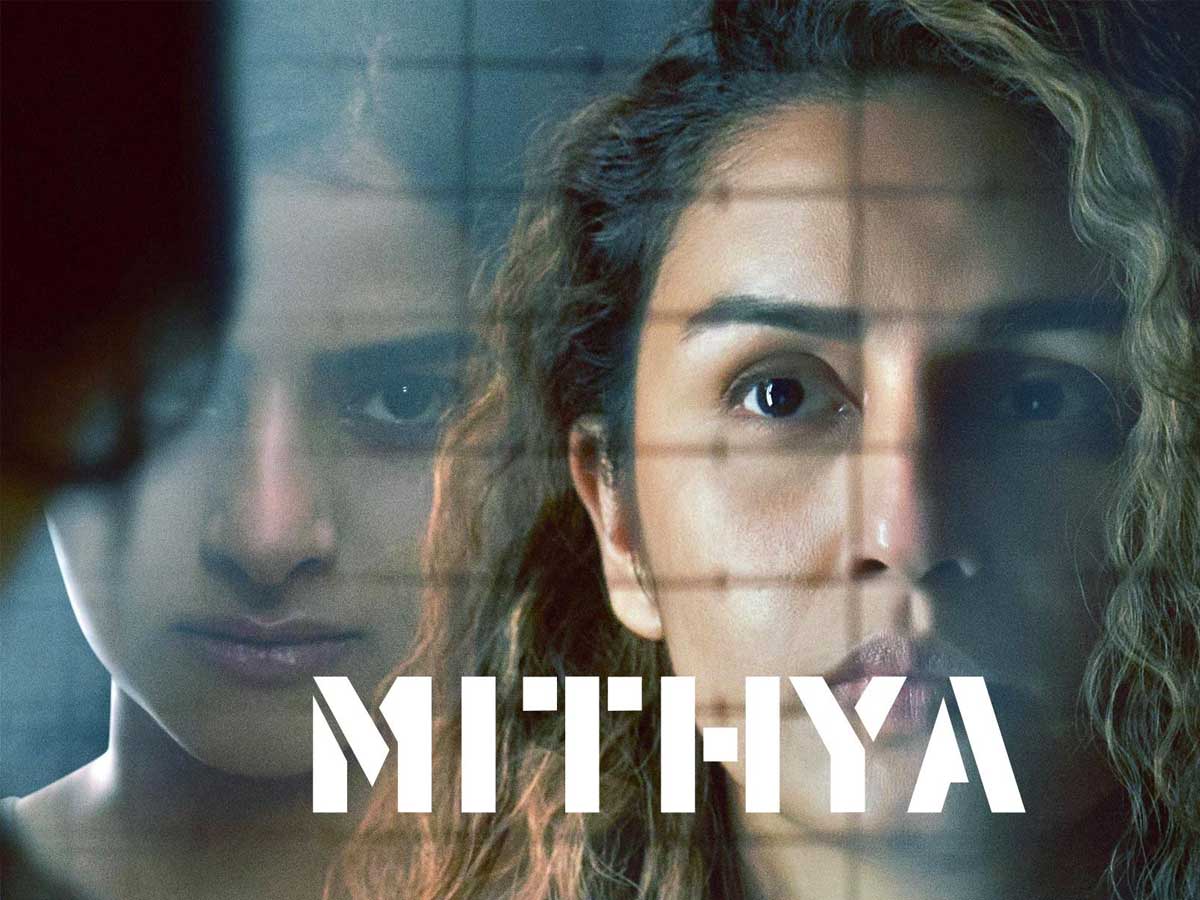Mithya, directed by Rohan Sippy from a script by Althea Kaushal and Anvita Dutt, takes place mostly on a college campus in Darjeeling. The six-episode Zee5 series is a female-centric psychological drama in which males play mostly reactive, if not minor, roles. The environment, two strong characters, and careful pacing of the six-episode Zee5 series combine distinct textural and aural features.
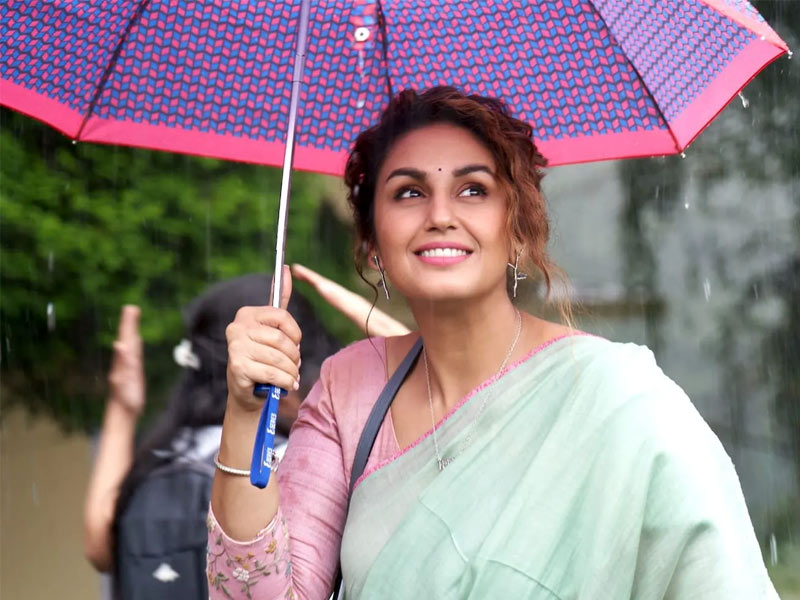
When first-year student Rhea Rajguru (debutante Avantika Dassani) submits her end-of-term dissertation, Hindi literary professor Juhi Adhikari (Huma Qureshi) accuses her of plagiarism. As the younger lady rages, the assertion sets off a weird chain of events.
Mithya’s faultless execution and strong performances enable it to overcome its slow times (which, thankfully, aren’t often) and develop a fascinating, solid core. As the two ladies and their conflicting views of the truth meet, the story of infatuation, suspicion, betrayal, and retribution unfolds at a sluggish but equal pace. Huma Qureshi bears the series’ load without wilting. At the same time, debutante Avantika Dassani rises to the challenge of portraying a profoundly damaged and troubled young woman.
Mithya also benefits from a perfectly tuned performance by Parambrata Chatterjee as a man caught in the thick of an all-out brawl.
Mithya, produced by Applause Entertainment’s Sameer Nair and Deepak Segal and Rose Audio Visuals’ Goldie Behl and Shradha Behl Singh, is a welcome addition to a steadily growing slate of Indian web shows set in non-underworld settings where gangsters when they appear at all, are relegated to the outskirts. There are none in Mithya.
How frequently do characters in a Hindi web series quote Shakespeare (“The worst is death, and death shall have its day…”) and Wordsworth (“For oft, while on my couch I lay…”), allude to Hindi poets Kedarnath Singh and Naresh Saxena, or have a discourse about Bengali nonsensical rhymes? These allusions aren’t overdone; they flow in and out of the story almost unobtrusively, as does Rhea Rajguru’s Gen-Z jargon, which, as the novel progresses, plays an important role in a pivotal plot surprise.
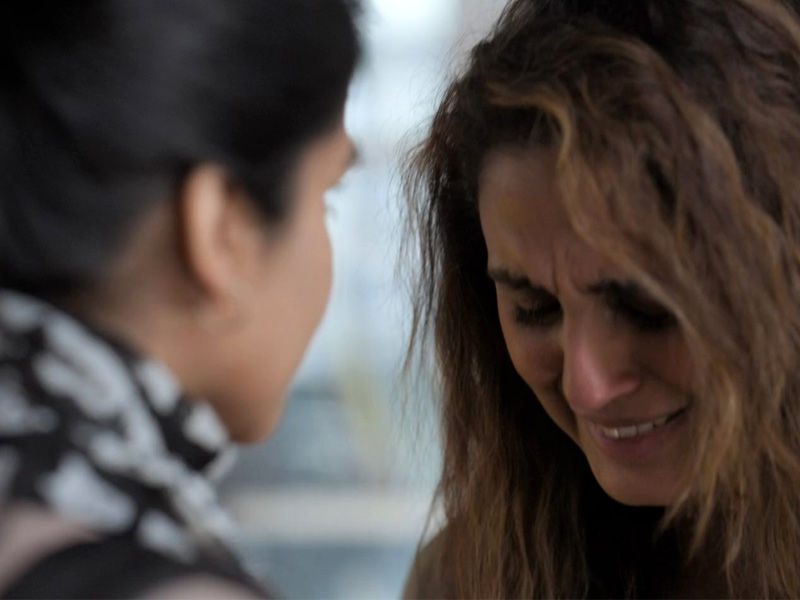
The Mithya format was invented by Gaby Hull, an English screenwriter, for the ITV series Cheat. The narrative, ‘adapted for India’ by Goldie Behl and Priya Jhavar, does not appear to suffer much in translation, similar to the Israeli original, which was turned into another snappy Applause Entertainment show, Your Honor.
Also Read, A Thursday: A Suspensive Journey for Yami Gautam
The Mithya format was invented by Gaby Hull, an English screenwriter, for the ITV series Cheat. The narrative, ‘adapted for India’ by Goldie Behl and Priya Jhavar, does not appear to suffer much in translation, similar to the Israeli original, which was turned into another snappy Applause Entertainment show, Your Honor.
A fierce, persistent, bruising mental war between the two brings to the surface. It heightens personal grudges rooted as much in the consequences of the infidelity accusation as in the lingering fallout of emotionally searing prior incidents.
Anand Tyagi (Rajit Kapur), Juhi’s father, is a renowned retired professor and well-known writer. Rhea’s father (Samir Soni) is a trustee at the college. As a result, neither lady can avoid the suspicion that she has benefited from her privileged standing.
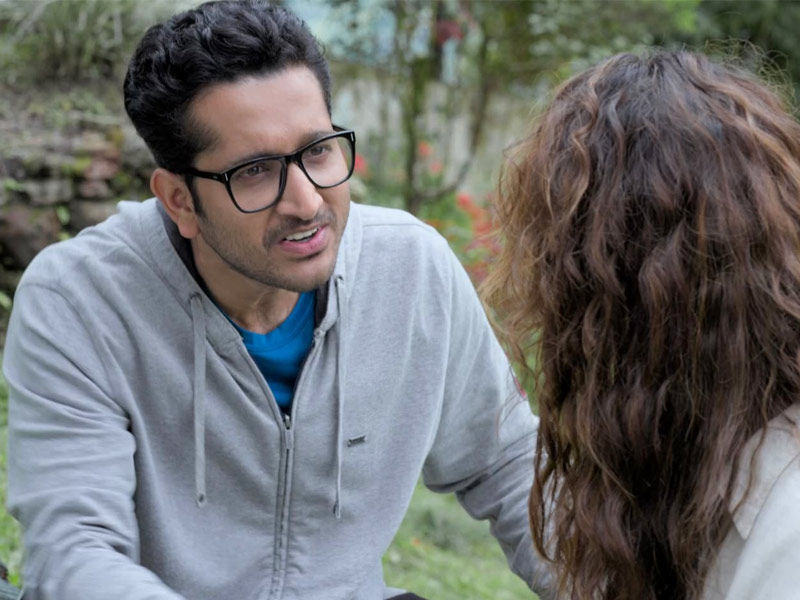
In a flash of rage, Juhi refers to Rhea as an “entitled brat.” Rhea repays the favor by attributing Juhi’s sentence to “abuse of authority.” Juhi’s father and Neil Adhikari (Parambrata Chatterjee), a professor at the same institution, get caught in the crossfire.
Juhi and Neil are a childless couple whose marriage is on the verge of disintegrating. They reside in a lovely hillside home, like Abida Parveen, single malt, and have a love seat in the living room. But there is little passion left in their deteriorating relationship, as Juhi’s constant tinkering with her wedding ring demonstrates.
Rhea is a lonely young lady. She is a college freshman who lives in a dorm and has no friends. Her inner demons are a burden to her, and acceptance from a professor she admires is all she requires. When she learns that living in hope is pointless, her rebellious streak rises, and it drags her farther and deeper into a quagmire.
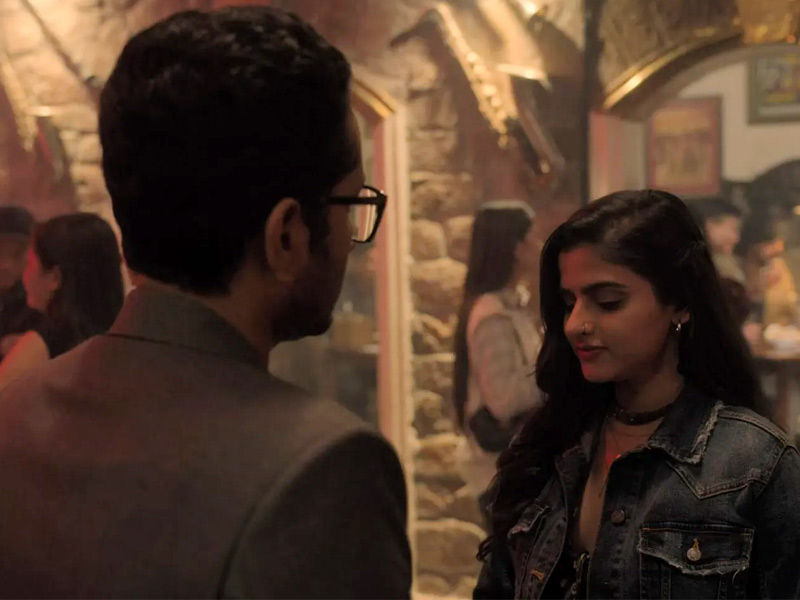
Because Juhi and Rhea’s situations are ethically dubious, the duo’s immediate objectives are shrouded in ambiguity. As the series progresses – the first episode ends with a murder, four subsequent segments begin eight days before the incident and gradually move back to the act of killing, and the sixth and final episode delivers an open-ended denouement – it becomes increasingly difficult to distinguish between considered fact and mere suspicion as resentments and recriminations multiply, and not just between the two pivotal characters.
The principal pair of ladies, the irresponsible men in their life (one of whom ends up in a corpse bag), and the local police detectives, Ajeet Biswas (K.C. Shankar) and Sunanda Das (Bishakha Thapa), get pulled into a criminal investigation that thickens the mist surrounding the hill town.
The seasoned and cynical cop is prone to leap to conclusions, and he considers the murder to be a closed matter. The policewoman, who is younger and more serious, prefers a gradual and steady approach. Like the Hindi professor accused of murdering her husband, she thinks that truth has multiple facets.
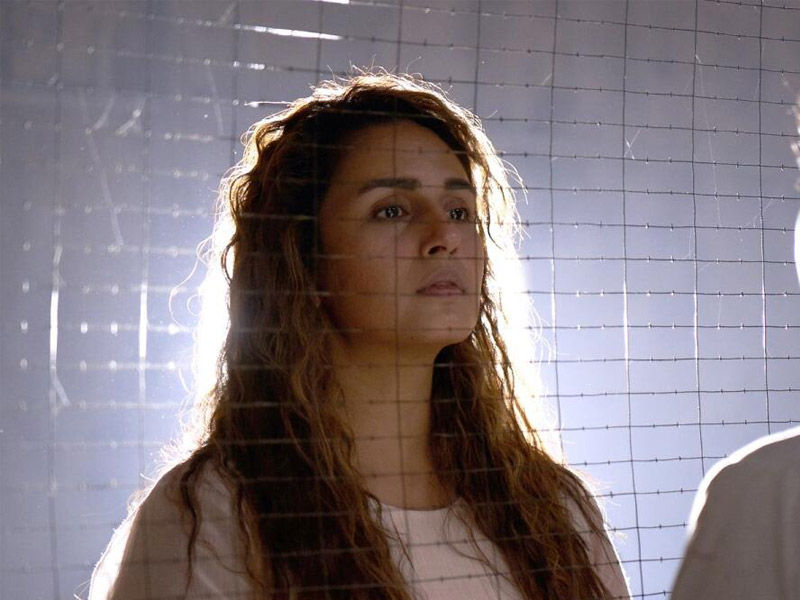
Rajit Kapur deftly and deftly pulls out the complexity of a guy whose flaws and anxieties put him at odds with the ladies around him. K.C. Shankar, who plays a policeman, makes his presence felt.
Sirsha Ray’s cinematographer captures the sun, rain, and mist of Darjeeling with remarkable felicity. Editor Abhijit Deshpande contributes to the show’s smooth flow.





















